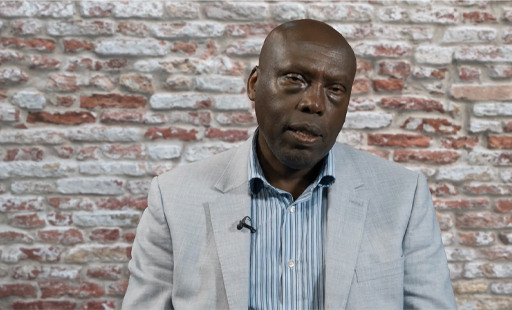3.1 Civil society organisations
Civil society organisations have various sources of income. Sources of income include individual contributions (regular or one-off). Civil society institutions also get funding through philanthropic sources. The word philanthropy has its origin in Greek. It is made of two words, philos – meaning ‘loving’ and anthropos – meaning ‘humankind’. In other words, philanthropy means love for humanity. Those who practise philanthropy are called philanthropists. Most of those involved in philanthropy are current or former business leaders, owners, or family members. Philanthropy is another way of getting businesses’ investment in the community, but such interventions do not necessarily lead to equality or equity (Valley, 2020).
Another emerging form of civil society funding is getting paid a commission to deliver public services commissioned by the government or local authorities. Being closer to communities can enable civil society to provide public services to those in need. The other aspect of funding that cannot be overstated is volunteering. Businesses and corporations can contribute to volunteering through their corporate social responsibility interventions. Volunteers play a vital role in civil society, across the organisation, from service delivery to governance.
Knowing how civil society is funded is critical in understanding the services you would expect when seeking to influence businesses through civil society. Civil society organisations’ services range from information provision, service delivery, representation, research, organising community and cultural events, education, training and development, employment services, and advocacy, among other services.
These services are essential for you and other members of the community. Volunteering and other services can benefit you in developing skills that can be applied in a work setting. Civil society can also help you build your networks and make connections that can be leveraged in other contexts, including employment. Through a variety of interventions, civil society plays a vital role in leveraging or, indeed, resisting corporate power. The key is identifying which actor in civil society can help engage with a specific corporate actor and on what terms.
Activity 2 Working with businesses and corporations to promote racial equity
As you watch the video, jot down a list of steps to encourage businesses and corporations to support the community in fighting against hate and discrimination. When you finish watching the clip, reflect on a local issue that concerns you – for example, employment, training, inclusion, or exclusion – and think about what you can do to get a particular business or businesses interested and engaged in addressing the issue.

Transcript: Video 1 Fidèle Mutwarasibo – Arriva, Network Rail, and chartered accountants
Discussion
There are many potential steps to consider based on the situation and the resources, including the following:
- Identifying the issue: it is essential not to rush but spend time identifying the problem that is of interest and how it impacts on others.
- Identifying who is affected by the issue: testimonies are crucial in securing the buy-in of other stakeholders. Focusing on issues affecting many people in the community is essential, it helps in identifying and building a team of advocates for change.
- Drawing up a list of potential solutions: identifying an issue and who is affected is essential; however, this is only the beginning. Getting other stakeholders’ attention requires you to develop a list of solutions.
- Finding out how the issue and the proposed solutions resonate with the interest of the business or corporation you want to approach: before approaching a company or corporation, you must ask yourself what is in it for them. There is no point in reaching out to a business or corporation if there is no benefit for them. The benefit may not necessarily be financial; it can be symbolic or reputational.
- Finding out if the business or corporation has a budget or other non-financial provisions to tap into: you need to do your homework before approaching the business or corporation. There is no worse thing than asking for money or service if there is no provision or commitment.
- Finding an entry point: approaching a business or a corporation can be daunting; you may need to do your homework and identify the pathway to the decision-makers.
